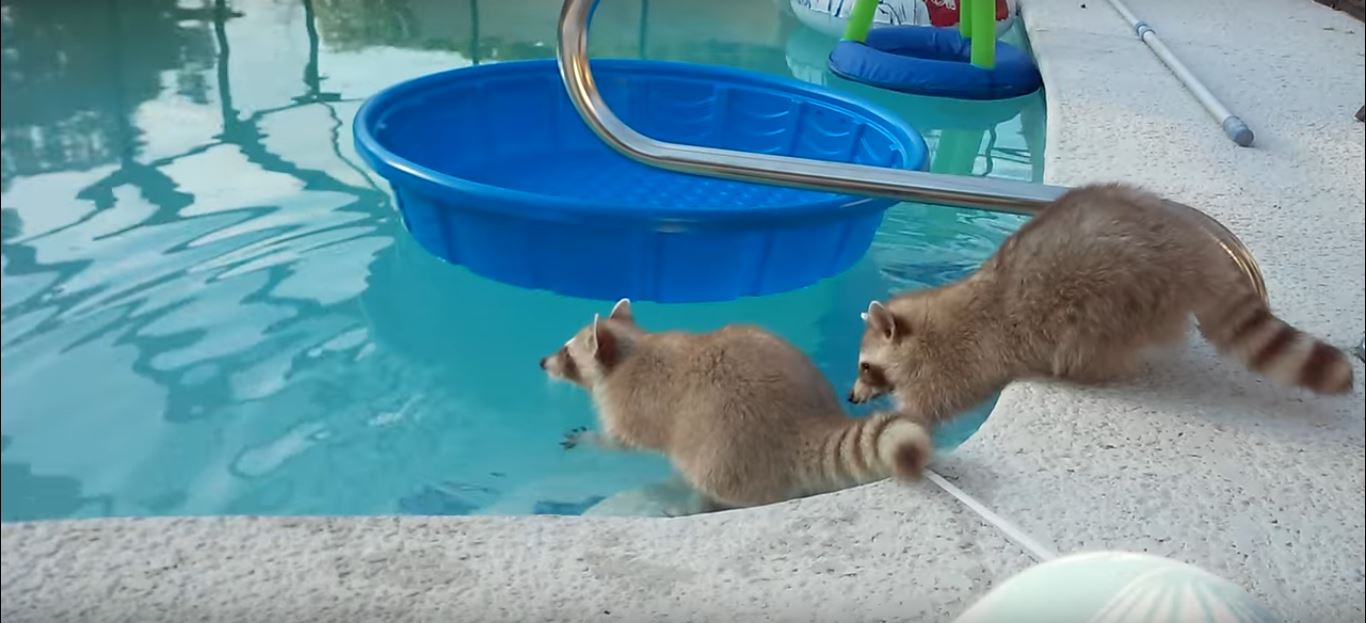Do Mothballs or Ammonia Help Repel Raccoons?
Mothballs and ammonia are often recommended repellents that should get Fort Worth raccoons out of your
home. Will this be effective solution for raccoon problem? It will not. Both mothballs and
ammonia are chemicals that only create unpleasant smell that will go away after certain period
of time. Raccoon only has to withstand nasty smell for few days and after this period everything
will back to normal. One should have in mind that Texas raccoons are wild animals, animals that are used
to handling quite unpleasant elements of nature in their natural habitat, so it is not logical to
think that a little bit of unpleasant scent will get them out from otherwise warm, safe and secluded
home that is perfect for breeding youngsters. Fort Worth raccoons are very endurable animals, they are smart and
they find the way to get around some nuisance such as unpleasant odor. They will simply withhold
unpleasant scent because this isn't something that will force them out. As simple as that.

Mothballs are naphthalene or paradichlorobenzene active chemical that will after certain period of time
turn into a vapor that is toxic. However, intensity of mothball scent isn't that high-and Fort Worth raccoons just
don't care about it.
Ammonia is other chemical. It is present in urine-and people trying to repel Texas raccoons are often recommended
to get coyote urine (probably because they are natural predators of raccoons). However, ammonia also doesn't
work. It only smells worse then mothballs, but it will not be any more effective in getting the Texas raccoons out
of your attic that mothballs will.
We are once again getting to the point already mentioned in previous text. Fort Worth raccoons are very persistent and
stubborn when it comes to staying in the home they have already prepared for themselves (and in the majority
of cases, for their babies). They will not turned away that easily, just as you wouldn't be made to leave your
home if someone sprayed it with urine or dropped several mothballs around the rooms. Just as you wouldn't leave
your home for this, so they will not. There has already been many reports about ineffectiveness of repellents such
as mentioned chemicals and sound or visual repellents. Let us also mention that poison isn't the solution either.
In 90% of cases, you will poison mother Texas raccoon that has a litter of babies that will starve to death. Both the
mother and the babies will decompose in your attic and your home will in this case be so incredibly stinking that
you will regret that you didn't contact a Fort Worth professional to solve this problem right away.
Contacting the Fort Worth professional is only safe bet in the case of raccoons presence, because they are very smart animals.
Visit our Fort Worth wildlife trapping home page to learn more about us.

